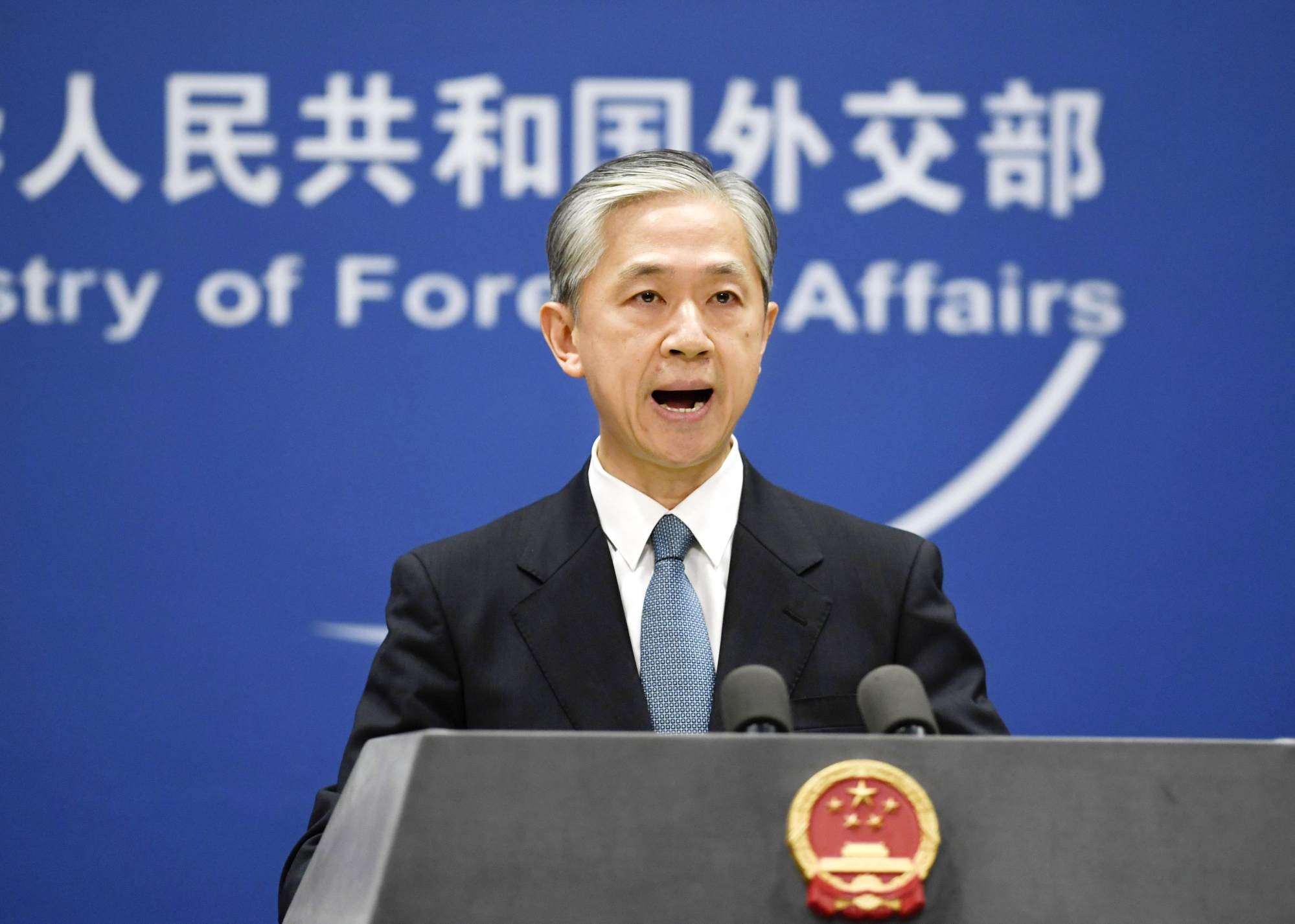
Australia and Japan are about to sign a defence pact. China says other nations shouldn’t ‘stir up trouble’
- Treaty will set out a framework to address ‘shared strategic security challenges’, according to Australian leader Scott Morrison
- Beijing says cooperation between countries should improve trust and regional peace and shouldn’t target any third party
The Reciprocal Access Agreement will for the first time set out a framework for the two countries’ defence forces to cooperate with each other in addressing their “shared strategic security challenges”, Australian Prime Minister Scott Morrison said in a statement on Wednesday.
On Wednesday, Chinese foreign ministry spokesman Wang Wenbin said cooperation between countries should improve trust and regional peace and should not target any third party.
“The Chinese side believes that cooperation among countries should enhance mutual understanding, trust and peace in the region and should not target or hurt the interests of a third party,” Wang said at a regular press conference in Beijing.
“The Pacific Ocean is big enough for all countries in the region to develop. The peace and stability in the Pacific Ocean depends on the countries in the region,” he said. “We hope the Pacific Ocean can become a land of peace rather than waters in which people stir up trouble.”

The defence agreement was reached in principle during a summit between Morrison and his then-counterpart Yoshihide Suga in November 2020.
Morrison on Wednesday said the bilateral treaty “will, for the first time, provide a clear framework for enhanced interoperability and cooperation between our two forces”.
“This treaty will be a statement of our two nations’ commitment to work together in meeting the shared strategic security challenges we face and to contribute to a secure and stable Indo-Pacific,” he said.
The two countries also plan to discuss cooperation on clean energy, critical energy and materials.
Morrison also said the bilateral cooperation included “an expanding agenda for the Quad with India and the United States”.
In Tokyo, Japanese chief cabinet secretary Hirokazu Matsuno highlighted shared values when announcing Thursday’s meeting, according to Kyodo.
“Australia shares universal values, such as freedom and democracy, and is a special strategic partner with whom we have been advancing cooperation through various frameworks, including the Quad,” Matsuno was quoted as saying.

